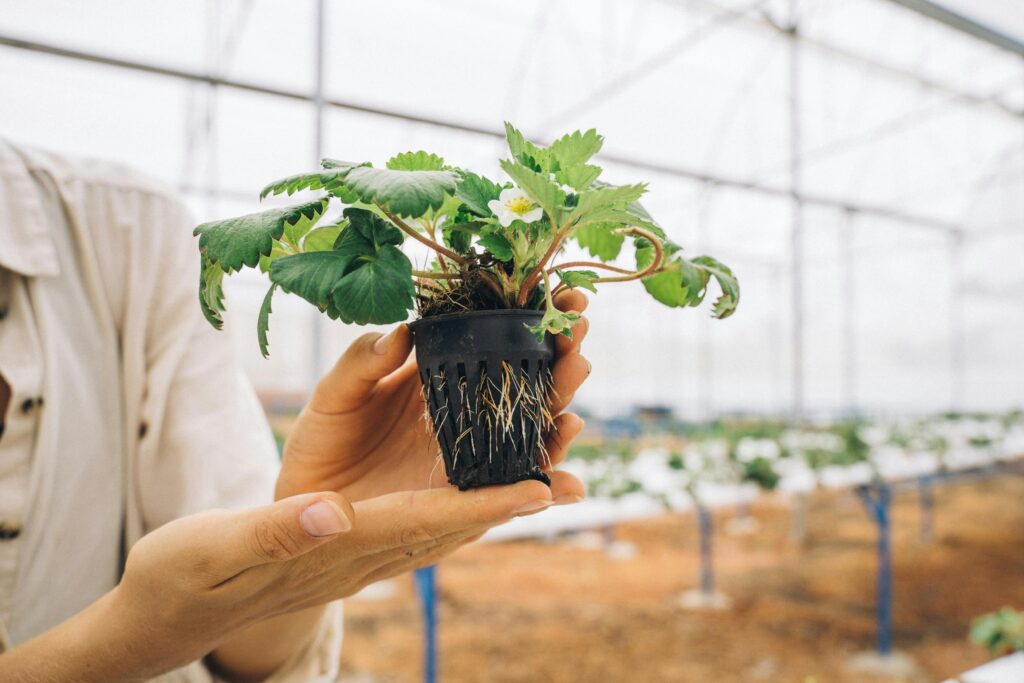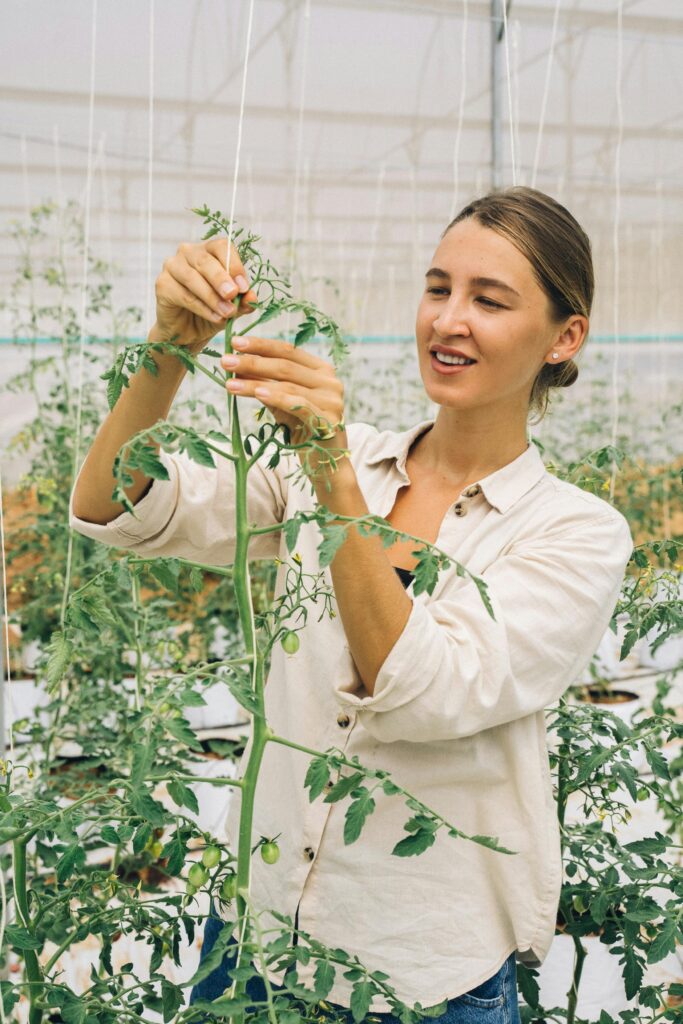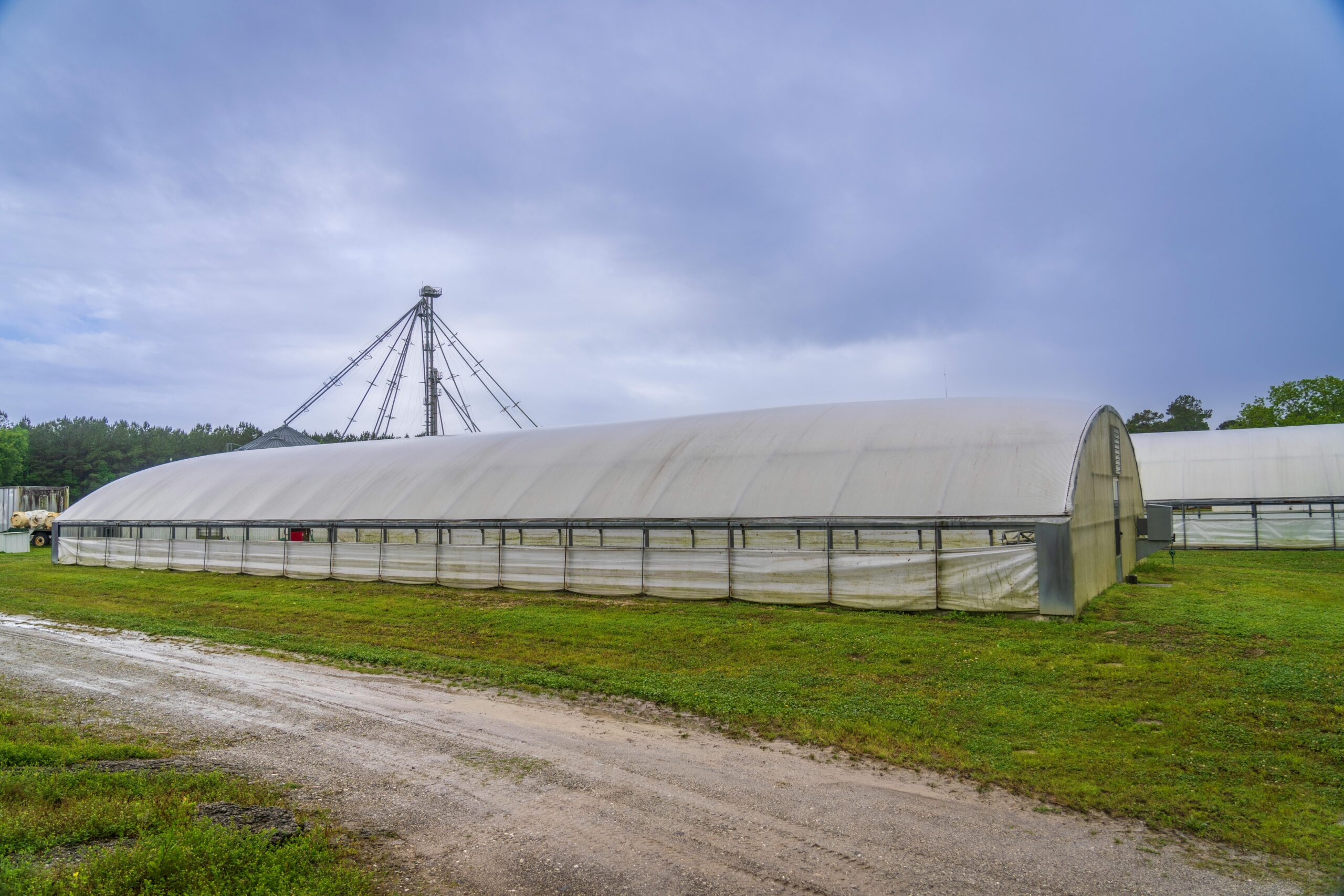Introduction
Innovative Solutions in Agriculture is essential for feeding the world’s growing population while preserving the planet’s resources. With an ever-increasing demand for food and the urgent need to combat climate change, innovative solutions in agriculture have become critical. This article explores 15 groundbreaking innovations transforming agriculture into a more sustainable practice, ultimately paving the way for a healthier planet and society.

1. Precision Farming 15 Innovative Solutions in Agriculture
Overview: Innovative Solutions in Agriculture
15 Innovative Solutions in Agriculture for a Sustainable World Precision farming employs technology to monitor and manage field variability in crops. By utilizing GPS, sensors, and data analytics, farmers can apply the right amount of inputs (like water, fertilizers, and pesticides) at the right time and place.
Benefits: nnovative Solutions in Agriculture 15 Innovative Solutions in Agriculture
- Resource Efficiency: Reduces water and fertilizer usage, lowering costs and minimizing environmental impact.
- Higher Yields: Optimizes crop production, leading to increased harvests.
2. Vertical Farming Innovative Solutions in Agriculture
Overview:
Innovative Solutions in Agriculture for a Sustainable World Vertical farming involves growing crops in stacked layers or vertically inclined surfaces, often within controlled environments. This method is particularly effective in urban areas where land is scarce.
Benefits: Innovative Solutions in Agriculture

- Space Efficiency: Maximizes crop production in minimal space.
- Reduced Transportation: Grows food closer to urban populations, decreasing carbon emissions from transportation.
3. Hydroponics Innovative Solutions in Agriculture
Overview: Innovative Solutions in Agriculture
15 Innovative Solutions in Agriculture for a Sustainable World Hydroponics is a method of growing plants without soil, using mineral nutrient solutions in water. This technique allows for year-round crop production in various environments.
Benefits: novative Solutions in Agriculture 15 Innovative Solutions in Agriculture
- Water Conservation: Uses significantly less water than traditional farming.
- Faster Growth: Plants grow more quickly due to optimal nutrient delivery.
4. Aquaponics Innovative Solutions in Agriculture
Overview:
15 Innovative Solutions in Agriculture for a Sustainable World Aquaponics combines aquaculture (raising fish) with hydroponics. Fish waste provides organic nutrients for the plants, and the plants filter and purify the water for the fish.
Benefits: nnovative Solutions in Agriculture
- Symbiotic Relationships: Creates a sustainable ecosystem, reducing the need for chemical fertilizers.
- Biodiversity: Allows for diverse crops and fish species to be cultivated together.
5. Biotechnology Innovative Solutions in Agriculture
Overview:
15 Innovative Solutions in Agriculture for a Sustainable WorldBiotechnology involves using living organisms or their systems to develop products. In agriculture, this often means genetically modifying crops to enhance traits such as drought resistance, pest resistance, and nutritional content.
Benefits:
- Increased Resilience: Crops can withstand extreme weather conditions and pests.
- Higher Nutritional Value: Enhances the health benefits of food products.
6. Sustainable Pest Management
Overview:
15 Innovative Solutions in Agriculture for a Sustainable World Integrated Pest Management (IPM) focuses on using biological control methods and minimizing chemical inputs to manage pest populations sustainably.

Benefits:
- Environmental Protection: Reduces chemical pesticide use, protecting beneficial insects and ecosystems.
- Cost-Effective: Lowers input costs over time by promoting natural pest control methods.
7. Agroforestry
Overview:
Agroforestry integrates trees and shrubs into agricultural landscapes, enhancing biodiversity while providing additional crops and benefits like shade and wind protection.
Benefits:
- Improved Soil Health: Enhances soil fertility and prevents erosion.
- Carbon Sequestration: Trees absorb CO2, helping mitigate climate change.
8. Soil Health Practices
Overview:
15 Innovative Solutions in Agriculture for a Sustainable World Practices that promote soil health, such as cover cropping, crop rotation, and reduced tillage, are essential for maintaining fertile and resilient soils.
Benefits:
- Enhanced Fertility: Improves soil structure and nutrient content.
- Increased Biodiversity: Promotes a diverse range of microorganisms that support plant health.
9. Climate-Smart Agriculture

Overview:
15 Innovative Solutions in Agriculture for a Sustainable World Climate-smart agriculture encompasses practices that increase productivity while adapting to climate change and reducing greenhouse gas emissions.
Benefits:
- Adaptation and Mitigation: Supports farmers in adapting to changing climate conditions.
- Food Security: Ensures consistent food production even under climate stress.
10. Renewable Energy in Agriculture
Overview:
15 Innovative Solutions in Agriculture for a Sustainable World Farmers are increasingly using renewable energy sources, such as solar and wind, to power their operations, reducing reliance on fossil fuels.
Benefits:
- Cost Savings: Lowers energy costs in the long run.
- Reduced Carbon Footprint: Decreases greenhouse gas emissions associated with farming.
11. Smart Irrigation Systems
Overview:
15 Innovative Solutions in Agriculture for a Sustainable WorldSmart irrigation systems use technology to optimize water usage, including moisture sensors and automated irrigation scheduling.
Benefits:
- Water Conservation: Reduces water waste and ensures crops receive the right amount of moisture.
- Increased Crop Health: Promotes healthy plant growth by preventing over- or under-watering.
12. Drone Technology
Overview:
Drones are revolutionizing agriculture by providing aerial surveillance and data collection, helping farmers monitor crop health and optimize resource use.
Benefits:
- Enhanced Monitoring: Offers real-time insights into crop conditions and pest infestations.
- Efficient Resource Allocation: Allows for targeted interventions, reducing waste and costs.
13. Blockchain in Agriculture
Overview:
Blockchain technology enhances transparency and traceability in the food supply chain, allowing consumers to know where their food comes from.
Benefits:
- Increased Trust: Builds consumer confidence in food safety and sourcing.
- Streamlined Processes: Reduces fraud and inefficiencies in the supply chain.
14. Community Supported Agriculture (CSA)
Overview:
CSA programs connect farmers directly with consumers, allowing individuals to subscribe to receive seasonal produce directly from local farms.
Benefits:
- Local Economic Support: Strengthens local economies and promotes community engagement.
- Freshness and Quality: Ensures consumers receive fresh, locally-grown produce.
15. Crop Monitoring Sensors
Overview:
Sensors placed in fields monitor environmental conditions such as soil moisture, temperature, and nutrient levels, providing farmers with real-time data.
Benefits:
- Data-Driven Decisions: Enables farmers to make informed decisions about crop management.
- Enhanced Yields: Optimizes growing conditions to maximize production.
Conclusion
Innovative solutions in agriculture are essential for achieving sustainability in food production. By embracing these advancements, we can enhance food security, protect natural resources, and create a healthier planet for future generations. From precision farming to renewable energy, each innovation contributes to a more resilient agricultural system that can withstand the challenges of a changing climate.
1. What is precision farming, and why is it important?
Precision farming uses technology to manage field variability, optimizing resource use and increasing crop yields while minimizing environmental impacts.
2. How does vertical farming contribute to sustainability?
Vertical farming maximizes space efficiency and reduces transportation emissions by growing food closer to urban populations, thereby promoting sustainability.
3. What are the benefits of hydroponics?
Hydroponics uses less water than traditional farming and allows for faster plant growth, making it an efficient and sustainable farming method.
4. How does community-supported agriculture (CSA) benefit local economies?
CSA strengthens local economies by connecting consumers directly with farmers

